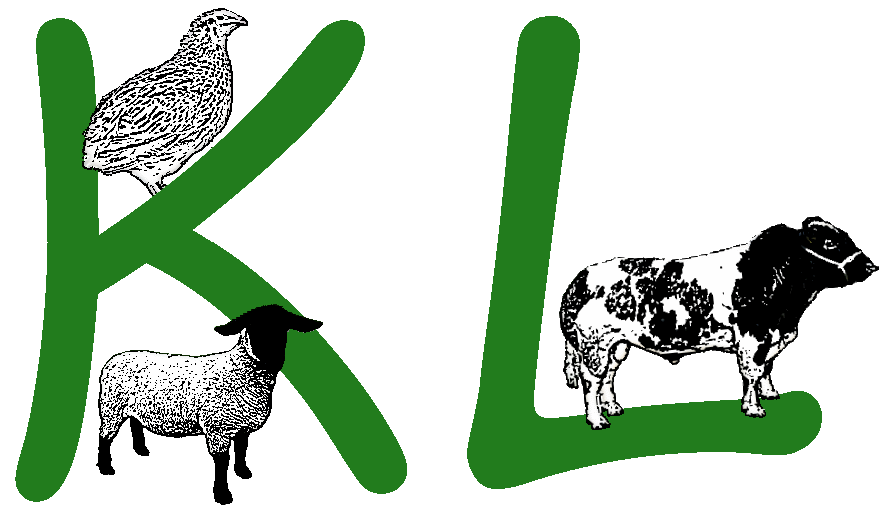Schmallenberg Virus (SBV)
This “brand new” disease is the latest in a series of problems which have challenged the livestock industry over the last 20 years. Some of the others include BSE, foot and mouth and bluetongue.
Knowledge is limited on this latest disease which is named after the German town where it was first identified in the autumn of 2011. It is thought that the disease is spread by midges and that cattle and sheep in the South and East of England were probably infected when the midges were blown across from Europe late last Summer. The disease itself does not affect animals too badly they may be off colour and have a raised temperature for a few days, however if the animal is in the early stages of pregnancy when infected it can cause abortions or for the unborn lamb or calf to be badly deformed.
Unfortunately out of 30 ewes to lamb here in Kersey in January, 8 had affected lambs resulting in dead or deformed lambs being born. There is no way of knowing if the remaining 80 ewes which are due to lamb in March will be affected in the same way. Many other farmers in the region have experienced the same problem, but it is little consolation to know that we are not on our own!
About 20 calves have been born so far and although there were a couple of serious problems at the beginning it is not thought to have had anything to do with SBV and more recently we have had a nice run of healthy calves born. Written By Chris Partridge
Quail
From the 300+ eggs set in our incubator we got a hatch of 135 meaning a hatch rate of just 43%, disappointing compared to the usual 60% we get. We think this may be due to it being early in the breeding season and the fluctuating temperatures in the room the incubator is in.
Arable
The last of the sugar beet have been taken to the beet factory. The fields they were in have been ploughed and will be drilled with spring barley in early March. In total we sold over 3000 adjusted tonnes of sugar beet. We were very pleased with the record yields and income from the sugar beet. The oilseed rape will receive its first application of Nitrogen in early March. The usual winter jobs of fencing, ditching, cutting firewood and hedging have also been taking place.
